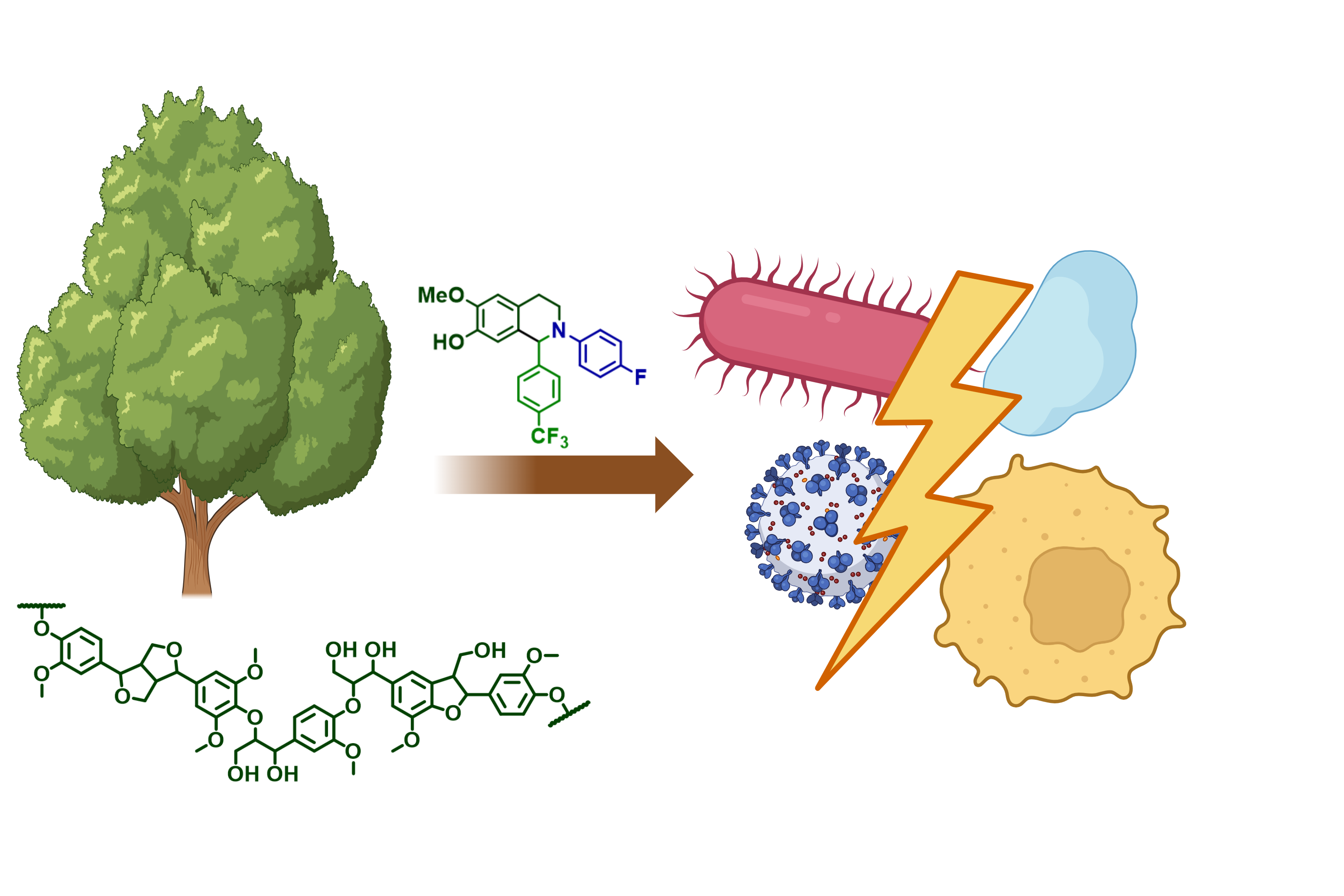Newsroom
![[Translate to English:] Press image](/fileadmin/_processed_/1/d/csm_2023_Webnews_Guzman__c_Wiley-VCH_Angewandte_Chemie_766e4cb343.gif)




HZI in the media
11.07.2025
|
t-online.de
11.07.2025
|
Regional Heute
06.07.2025
|
Magdeburger News
04.07.2025
|
Pharmazeutische Zeitung
04.07.2025
|
Maldankon
03.07.2025
|
Phys.org
03.07.2025
|
Deutsches Ärzteblatt
